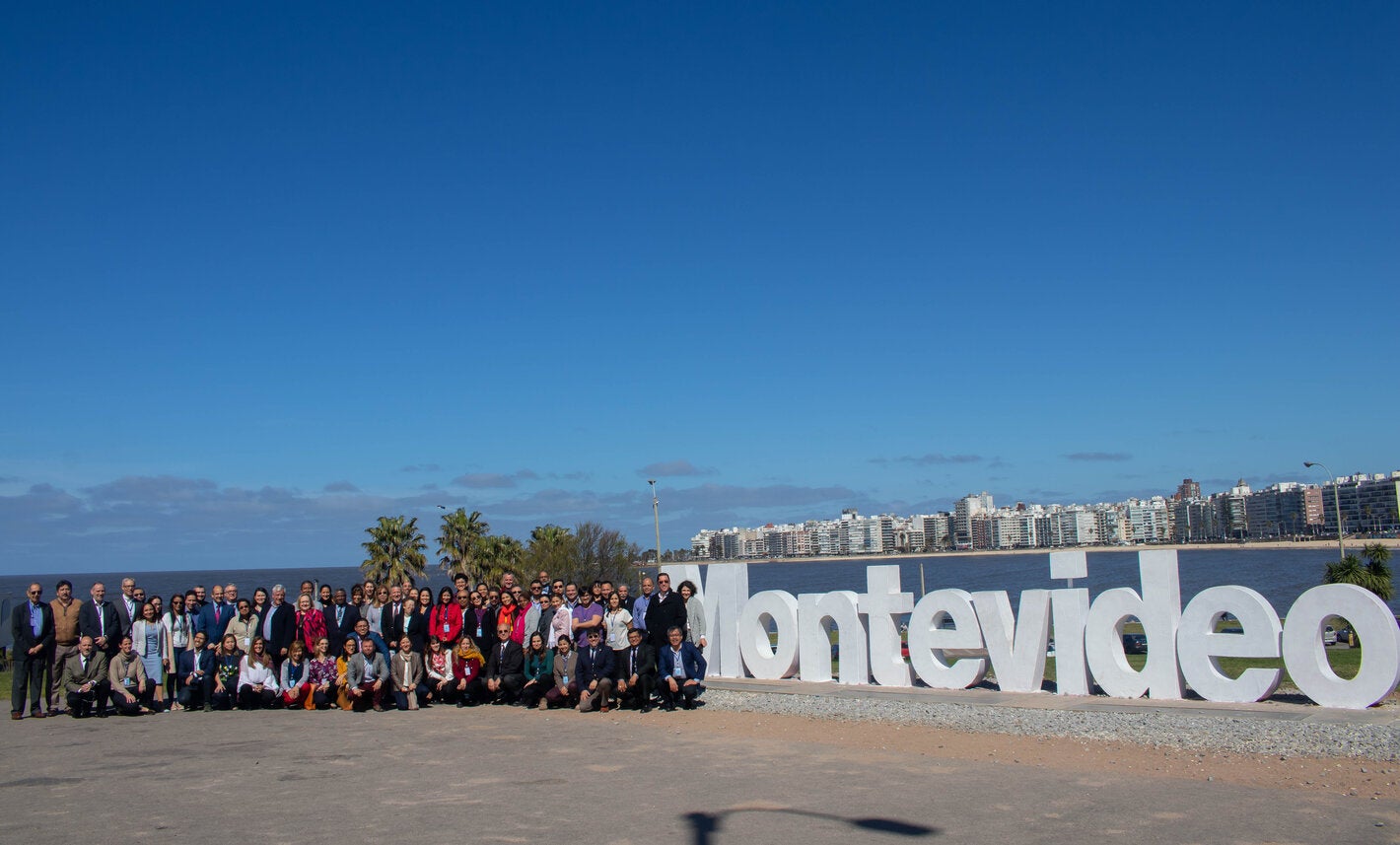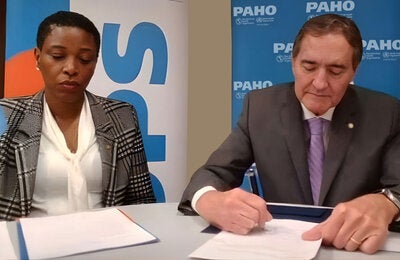
Montevideo, 23/09/2019- Supporting health centers in the region to strengthen their research methodology and the ability to analyse their own databases to generate evidence in order to improve the health of women, mothers and new-borns was the objective of the meeting EVISIP: using evidence in decision-making, which brought together in Montevideo more than 60 people from September 17-20.
More than 20 research projects from 11 countries in the region were mentored by about 15 experts, including epidemiologists, biostatisticians and ob-gyns from different universities and hospitals around the world and from the World Health Organization. These studies were carried out in the sentinel centers that belong to the CLAP network and that use the Perinatal Information System (SIP) to collect the information.
"The use of data from the SIP makes it possible for each hospital in the CLAP Network to obtain local evidence that, if properly analyzed, will help to move forward in a faster and more convergent way in decision making. The EviSIP methodology seeks to bring together different professionals who work together to improve women's health," said Dr. Suzanne Serruya, Director of the Latin American Center for Perinatology, Women's Health and Reproductive (CLAP) of the Pan American Health Organization (PAHO), which hosted the event.
The CLAP network of sentinel centers was launched in 2015 with the objective of monitoring and researching women's, maternal and neonatal health to produce information that contributes to generate policies for the improvement of these populations in the region. At present, it has more than 50 hospitals, health institutes, universities and PAHO/WHO collaborating centers.
Centres from Argentina, Bolivia, Brazil, Chile, Colombia, Cuba, Guatemala, Honduras, Nicaragua and the Dominican Republic participated in the meeting, the dynamic of which included moments of work with the tutor and writing, so that maximum use could be made of the four days of the meeting. At the same time, the experts presented topics such as the importance of having quality data, how to count on them and secondary data analysis.
"This region is leading and innovating in many areas, SIP is a tool that allows the use of information not only for scientific knowledge, but for decision making," said Dr Andres de Francisco, Director of the Family, Health Promotion and Life Course Unit (FPL).
In the work process it is expected that all research will conclude with an academic article to be published in popular scientific journals.



